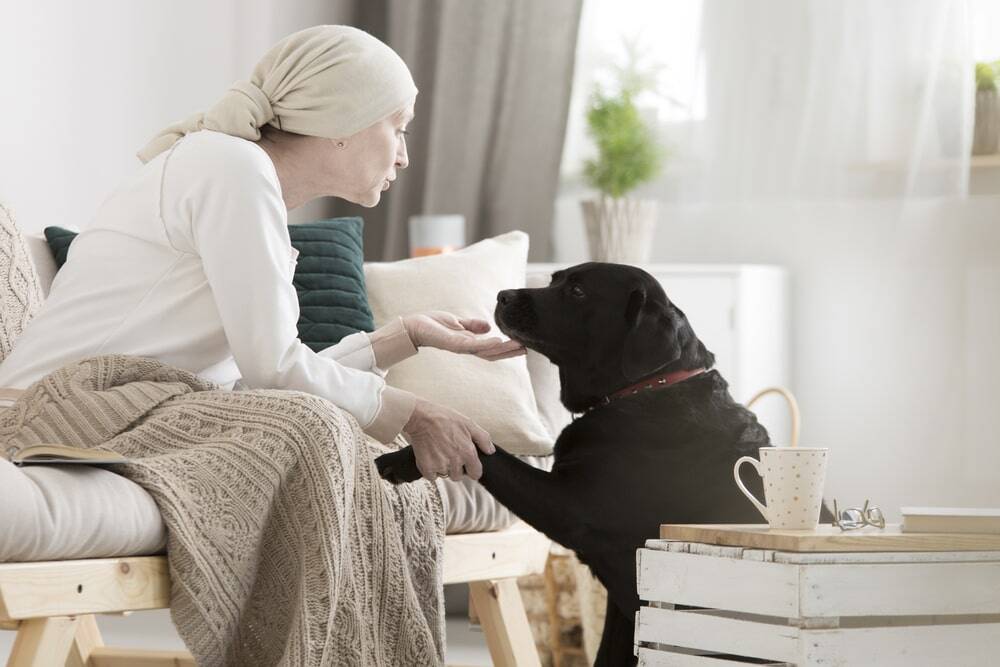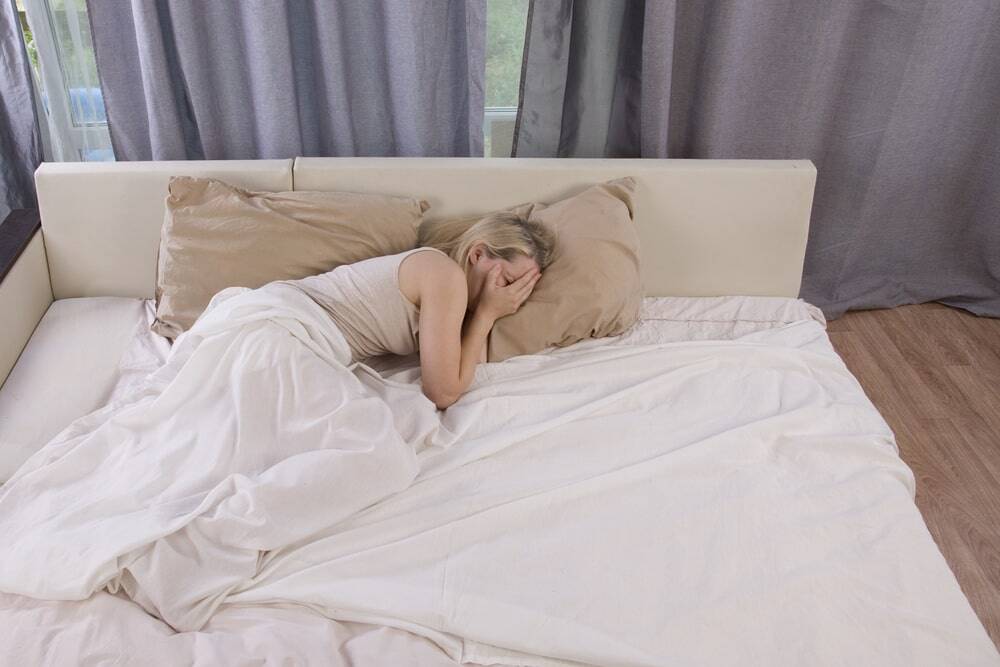How To Support Those Achieving Recovery Through Sober Living
Addiction, also known as substance use disorder (SUD), is listed in the Diagnostic and Statistical Manual of Mental Disorders, Fifth Edition (DSM-5) as a chronic, relapsing brain disorder. It is characterized by compulsively engaging in rewarding stimuli (e.g., abusing drugs and/ or alcohol) without regard for consequence. An individual that struggles with addiction will prioritize satisfying her drug cravings above all else. Although there is no universal treatment method that proves successful for everyone struggling with substance abuse and/ or addiction, because everyone has nuanced and distinct needs, the recovery process is usually comprised of completing detox, attending a substance abuse and/ or addiction treatment program, and aftercare. One component of an aftercare plan could include an individual transitioning into a sober living facility.
Sober Living Homes
The Los Angeles Times explains that sober living houses (SLHs), sober homes, and sober living environments are “facilities that provide safe housing and supportive, structured living conditions for people exiting drug rehabilitation programs.” They are optional group homes for individuals who have recently completed a substance abuse and/ or addiction treatment program that wish to move into transitional housing prior to returning home. Sober living homes offer a compromise between the high structure and accountability found in a residential treatment program and the freedom and lack of structure and accountability in an independent living situation. They provide residents with a safe, substance-free environment that enable individuals to continue practicing and implementing the information learned during a substance abuse and/ or addiction treatment program alongside other sober individuals. There are a variety of ways to offer support to a loved one residing in a sober living facility, including:
- Encourage them to continue prioritizing their sobriety and participate in the sober living household activities, like weekly meetings and regular chores.
- Help them respect the house rules by discouraging infractions.
- Remember that all drugs and alcohol are prohibited on the premises of sober living facilities by both residents and visitors; any visitor that breaks this rule will be asked to leave and could be banned from future visits—do not bring them any drugs or alcohol.
- Show up for them in a way that honors their boundaries.
- Give them the space they need to continue healing and strengthening their foundation of sobriety.
The National Institute on Drug Abuse (NIDA), asserts that the length of time an individual spends in substance abuse treatment (including sober living) can directly increase her outcome in recovery. Residing in a group home that is made up of individuals with nuanced aftercare plans can be an instrumental resource to the community, as each provides an abundance of useful relapse prevention suggestions and resources. Sober living homes provide residents with a built-in support network. Being part of an active sober community can help an individual further her personal growth, by being available to be of service to other individuals who are at different stages in their recovery process and being open to receiving support from others in times of need.
For Information and Support
Substance abuse and addiction can be incredibly dangerous and can result in severe short and long-term consequences. If you or someone you know is suffering from substance abuse or addiction, please get help as soon as possible. The earlier you seek support, the sooner you and your loved ones can return to leading happy, healthy, and fulfilling lives. There is no reason to go through this alone, and we are here to help. Please feel free to reach out to us for further information or with any questions regarding substance abuse or addiction. We are available anytime via telephone at: 213-389-9964, or you can always email us at: info@friendlyhousela.org.



